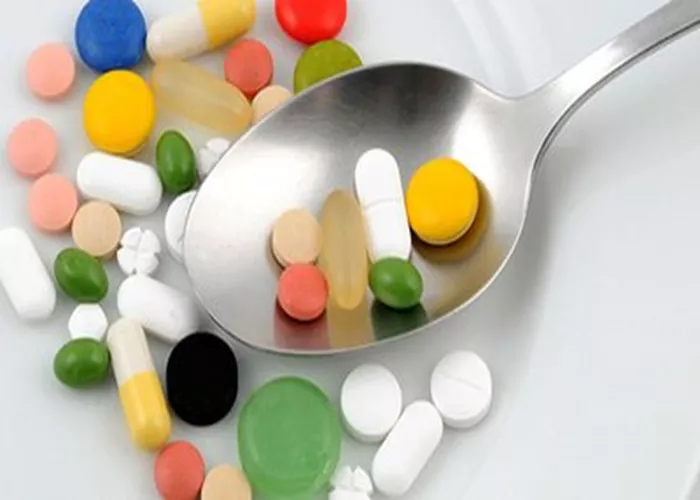The ongoing delays in the NHS’s weight-loss services are pushing some people to seek unsafe alternatives by purchasing unregulated weight-loss injections online, a leading GP has warned.
Professor Kamila Hawthorne, chair of the Royal College of GPs, cautioned that buying weight-loss medications through illegal channels, such as beauty salons, fake pharmacy websites, and social media platforms, could expose patients to serious health risks. These drugs may contain harmful substances and could be missing the vital medical support typically provided alongside FDA-approved weight-loss treatments.
Hawthorne’s comments come amid a warning from the Medicines and Healthcare products Regulatory Agency (MHRA), which has highlighted the dangers of buying weight-loss drugs without a prescription. The agency emphasized that these unregulated products could contain toxins or other harmful ingredients, posing significant risks to users’ health.
“Criminals go to great lengths to make their websites look authentic and convincing,” said Andy Morling, MHRA’s deputy director of criminal enforcement. “But these are not cosmetic treatments; they are powerful medicines that should only be legally dispensed with a prescription from a qualified healthcare professional.”
The increasing demand for weight-loss medications is, in part, a response to the NHS’s long waiting times for obesity treatment. Hawthorne expressed concern that patients, frustrated by delays of up to five years for specialist support, may be turning to self-administered, illegal medications. “If people are facing a two-year wait for help and they know of a drug that works, they may feel compelled to handle it themselves,” she explained.
Some patients, Hawthorne noted, are choosing to buy drugs like Wegovy or Ozempic privately, despite the risks. She stressed the importance of consulting a doctor before purchasing weight-loss injections. “Please don’t buy these drugs unless they are under the supervision of a medically qualified professional,” she advised.
Recent reports, including one from the Obesity Health Alliance (OHA), have revealed that many NHS services are struggling to keep up with demand. Some areas have completely closed their waiting lists due to overwhelming pressure. The OHA’s director, Katharine Jenner, acknowledged that while weight-loss medications provide hope for patients battling severe obesity, they should only be used by those for whom they are medically appropriate, and always under professional supervision.
The NHS is currently planning to roll out Mounjaro, a new weight-loss medication hailed as the “King Kong” of weight-loss jabs, but this process is expected to take up to 12 years. Even so, it is estimated that 220,000 people could benefit from Mounjaro in the first three years. With an estimated 3.4 million Britons eligible for treatment, those with the greatest need will be prioritized.
The latest Health Survey for England reveals that 64% of adults were classified as overweight or obese in 2022, highlighting the scale of the challenge and the critical need for better access to safe, regulated treatments.
As the NHS struggles to provide timely care for obesity patients, the demand for weight-loss drugs is only set to rise, underscoring the need for careful regulation and public education on the dangers of illegal, unregulated medications.
Related Topics:


